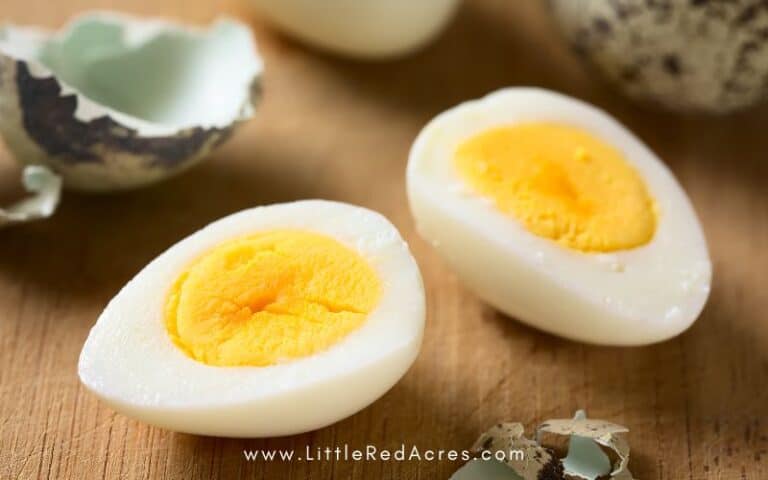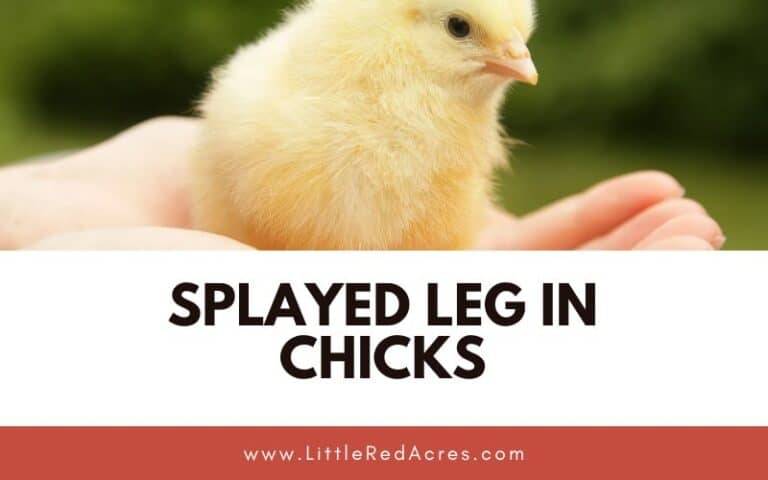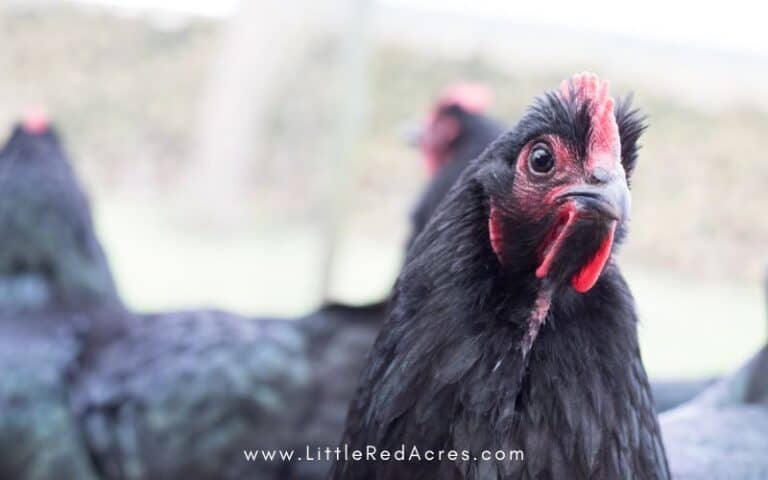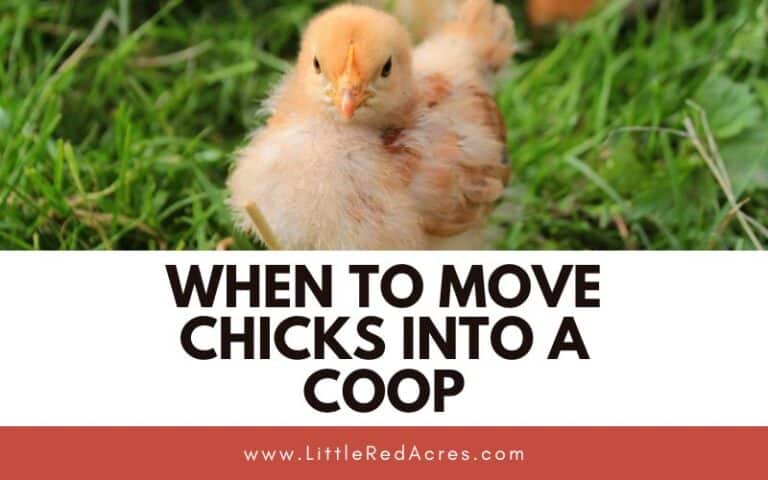Caring for Chickens in the Winter
You spent the summer taking care of your chickens in the heat, making sure that they always had fresh water and shade. Then the weather switches, sometimes quite quickly and you are worried to make sure that your birds are going to freeze to death or get frostbite on their feet. Caring for chickens in the winter isn't any more work than in the summer, in fact, it might be less.

This post may contain affiliate links, see my disclosure policy for more information.
Caring for Chickens in the Winter
One thing you want to have taken into account when getting your chickens would be your climate. Some chickens do better in colder weather than others and if you live in extremely cold areas you want to make sure that your birds are cold hardly.
I also hope that would you built your chicken coop you made sure that you have no drafts. Ventilation is one thing, but drafts are not a good thing.
Get updates & freebies delivered to your inbox!
Water for Your Chickens
Last year we did not have heated waterers. We had a mild winter, and because I rather like being lazy and staying home it wasn't a big deal to go out to our one coop a couple of times a day to make sure that our birds had water, not frozen into a block of ice.
We do not keep food and water in the coop but in their run to prevent the water from being spilled and making a wet mess of shavings. On nights when the temperature drops below freezing I'd bring in the waterers to prevent freezing and dealing with blocks of ice first thing in the morning.
Coop Bedding
We are a fan of pine shavings. That's what we use all year long. In the summer they make quick, easy-to-clean bedding.
In the winter, once the weather drops, I add a thick layer of straw to the bottom of our couple and then add pine shavings.
We use the deep litter method. Which is maintaining a good depth of 4-6 inches of litter. As it decomposes and dwindles in-depth, add more litter material. It is usually necessary to build a lip at the entrances to the coop so the litter does not spill out.
If you see any caked litter, use a rake or fork to help break up the clumps and redistribute the moisture. Keep the coop ventilated, even in winter.
You should not notice any odor of ammonia. If you do, add more litter. If I start to notice too much odor, I'll remove some of the litter on a warmer day, leaving some material in the coop, and then adding more clean straw and shavings.
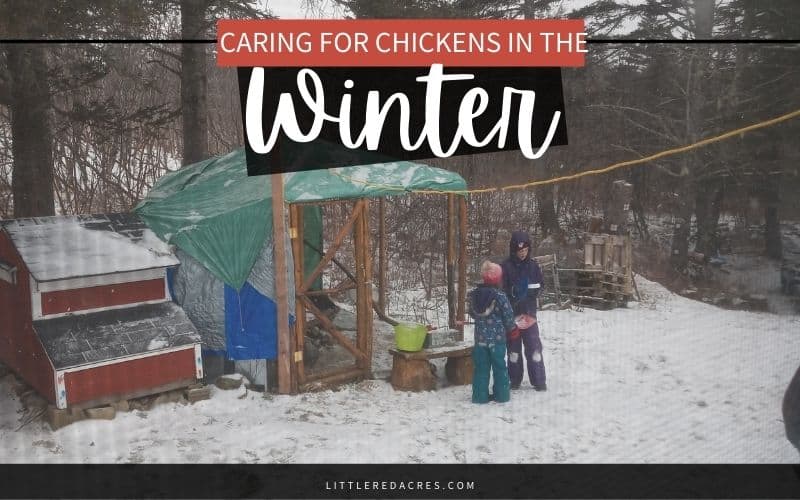
You can also choose to cover your run with a tarp, or roofing if you want to keep some of the snow out of it. We covered ours, and the back wall of the run to block some of the cold winter wind. This is totally a preference thing. Plus, I have bantams and it is important to keep their feet, and feet feathers, dry to prevent bumblefoot.

7 Reasons to Have Backyard Chickens

